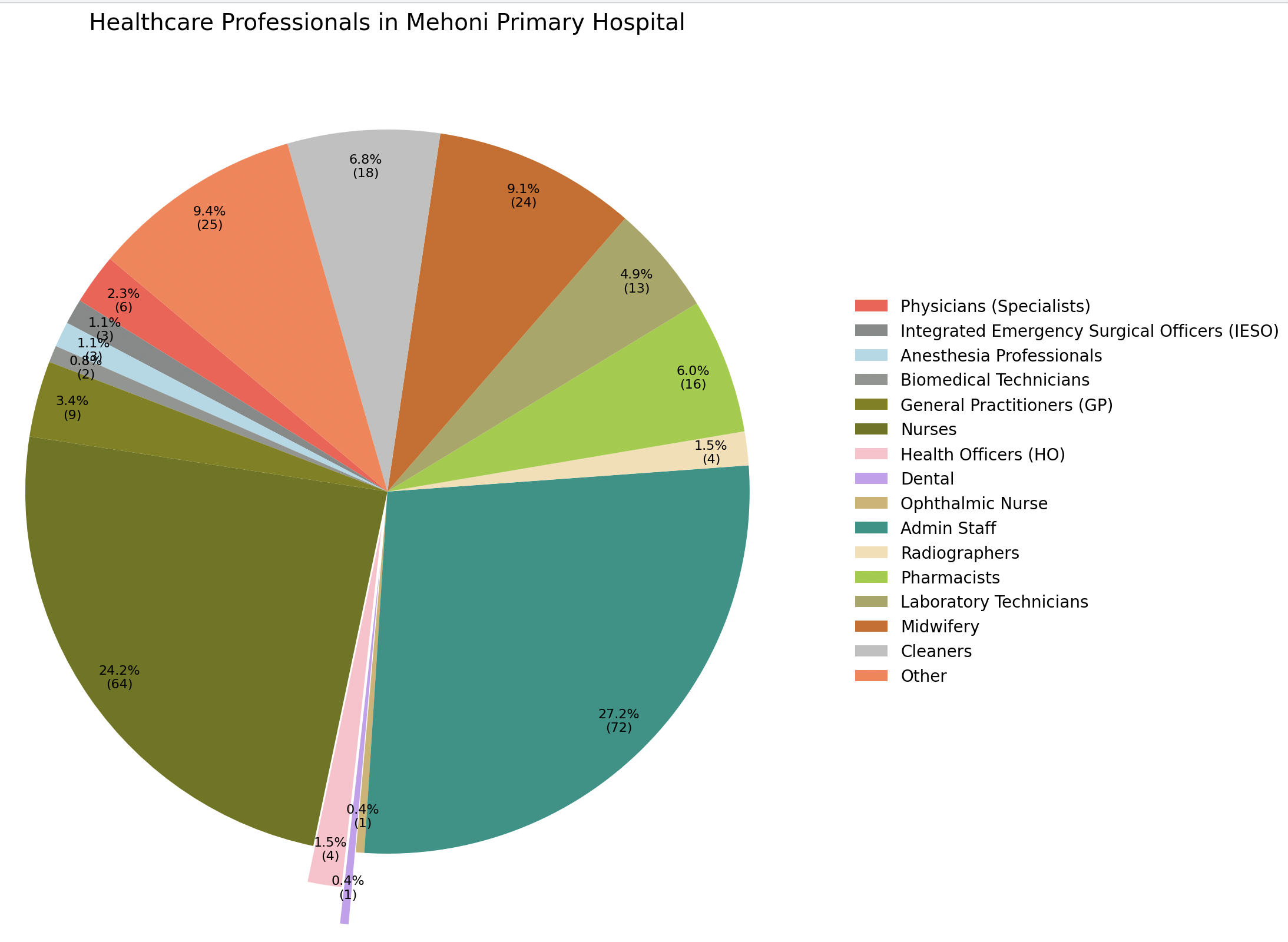
Mission and Commitment
Mehoni Primary Hospital serves a population of over 500,000 residents in southern Tigray, Ethiopia.
It is a dedicated healthcare facility providing
high-quality, accessible medical services to the people of Raya Azebo
and its surrounding communities. Over the decades, our hospital has
expanded to meet evolving healthcare needs, ensuring every patient
receives compassionate care. As a primary hospital, we offer a
comprehensive range of preventive, diagnostic,
and therapeutic services, all focused on improving
public health and increasing healthcare accessibility. Our team
of doctors, nurses, and healthcare professionals
works tirelessly to serve the community with unwavering dedication.
At Mehoni Primary Hospital, our mission is to provide essential and accessible healthcare to our community, despite ongoing resource challenges.
We are committed to making the most of available resources, gradually improving our services,and delivering patient-centered care to those who need it most.
As the healthcare needs of our region continue to grow, Mehoni Primary Hospital remains dedicated to adapting, finding solutions, and striving to enhance the quality of care within our means.
Through partnerships with NGOs and international healthcare organizations, we continue
to expand our services, upgrade our medical infrastructure to meet global medical standards.
Our commitment remains to provide equitable, efficient, and high-quality healthcare for all.
Current Challenges
The hospital faces significant healthcare challenges, including a high prevalence of malaria, tuberculosis, HIV, and malnutrition. These issues are further exacerbated by limited access to
essential medical equipment, medications, and a severe shortage of healthcare professionals. In just six months, the hospital managed 76,130 outpatient visits and 4,042 emergency cases, placing immense pressure on its already strained resources.

Beyond medical challenges, the hospital also struggles with outdated infrastructure and inefficient systems. For instance,
hospital linens are still washed by hand, a time-consuming and labor-intensive process. Additionally, the hospital relies on paper-based patient records,
leading to inefficiencies in data management, delayed service delivery, and increased administrative burdens.



